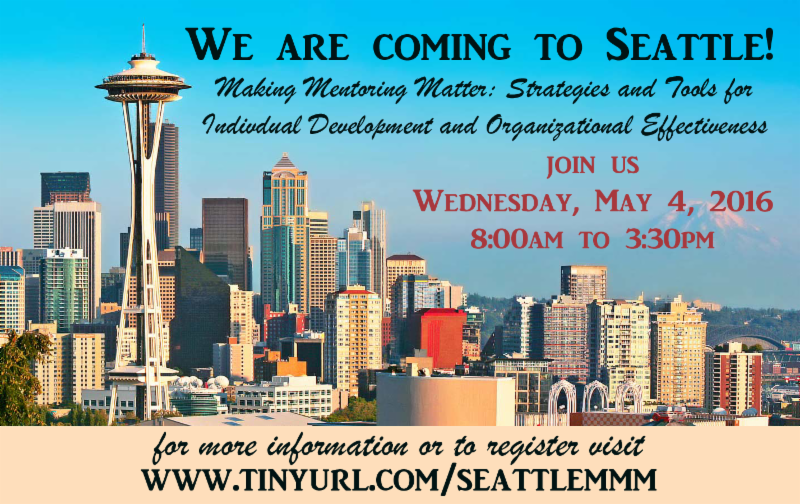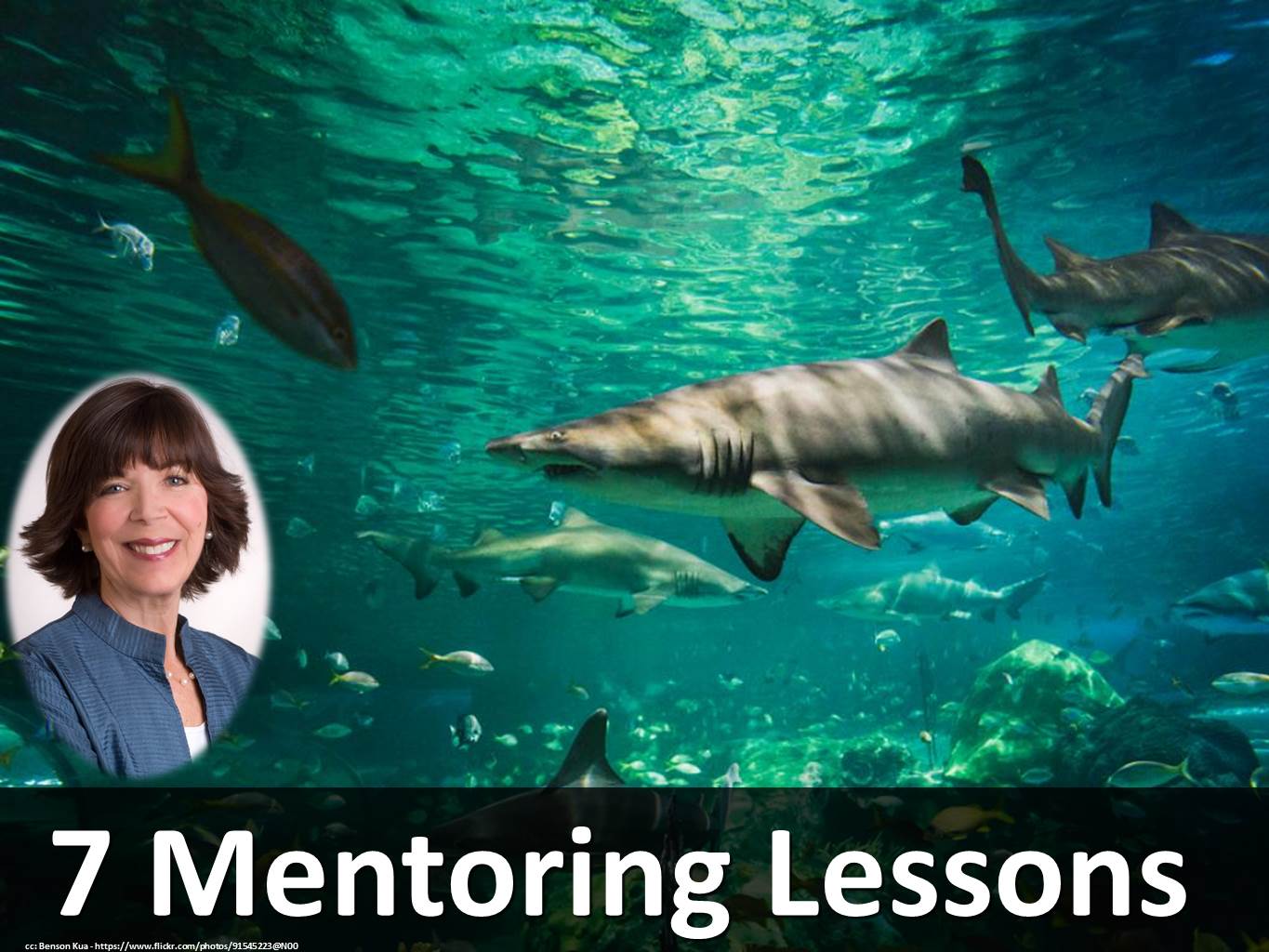
Have You Set the Right Tone for Mentoring Success?
The Importance of the First 90 Days
It’s a fact: The first 90 days sets the tone for your mentoring relationships! According to Lory Fischler, co-author of Starting Strong (Jossey-Bass 2014), “Many mentoring relationships don’t actually survive the three-month milestone. That’s because they start with good intention and energy but get derailed by lack of time, structure, purpose, progress and accountability.”
We’ve identified six essential conversations that we believe ought to take place during the first 90 days of a mentoring relationship to ensure that it starts strong and stays focused. These conversations set the tone for mentoring success.
Conversation #1: Mentoring partners often jump into mentoring too soon and fail to take the necessary time to get to know one another. When mentoring partners spend time to build their relationship by engaging in real conversation, they are better able to establish the high level of trust that is critical for learning and growth.
Conversation #2: Once trust has been established, it is time to decide how to structure your mentoring relationship and your meetings so that you stay on track. By proactively talking about ground rules, confidentiality, hot buttons and boundaries, mentoring partners avoid problems along the way.
Conversation #3: A robust series of conversations about the mentee’s goals is often more important than the process of formally defining them. Through conversation an effective mentor facilitates mentee understanding about his or her needs and the areas of potential growth necessary to meet those goals.
Conversation #4: Once goals have been identified, it’s time to talk about how to achieve them. This is accomplished by identifying learning opportunities to support and challenge the mentee — to encourage a mentee to stretch and stand outside his or her comfort zone. This where true growth and development occur.
Conversation #5: Along the way, there may be stumbling blocks that get in the way of the relationship. Holding a conversation to address them as soon as they occur keeps the focus on progress and forward movement.
Conversation #6: The three-month milestone is ideal for holding a two-way feedback check-in conversation. By addressing meaty questions (i.e., “What has been the biggest learning to date? What are we doing that is providing value? What is working and what could be better?”) both mentor and mentee receive feedback that enables them to elevate their individual skills.
You won’t want to miss our day-long conference, Making Mentoring Matter: Strategies and Tools for Individual Development and Organizational Effectiveness on Wednesday. May 4, 2016 in Bellevue, WA., where Lory Fischler will be presenting a workshop entitled “Starting Strong: The First 90 Days.”




 As he becomes more self-aware, his worldview and perspectives expand. He discovers that having different ideas is okay. He comes to own his idea because it is, after all, his.
As he becomes more self-aware, his worldview and perspectives expand. He discovers that having different ideas is okay. He comes to own his idea because it is, after all, his.
